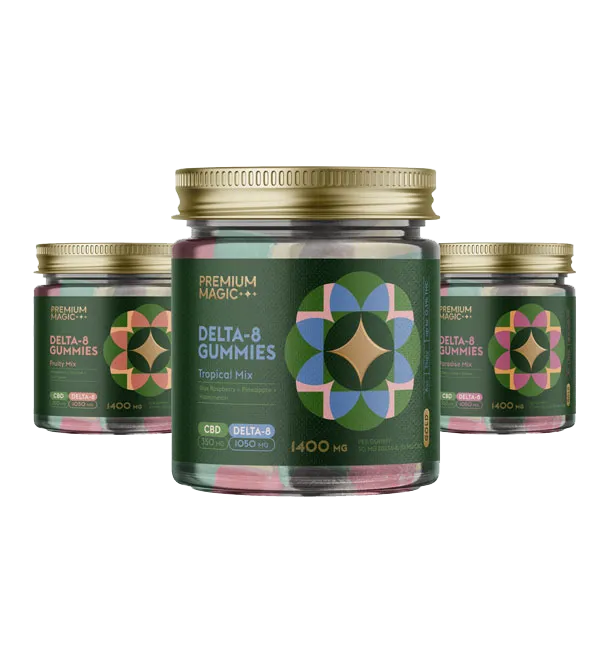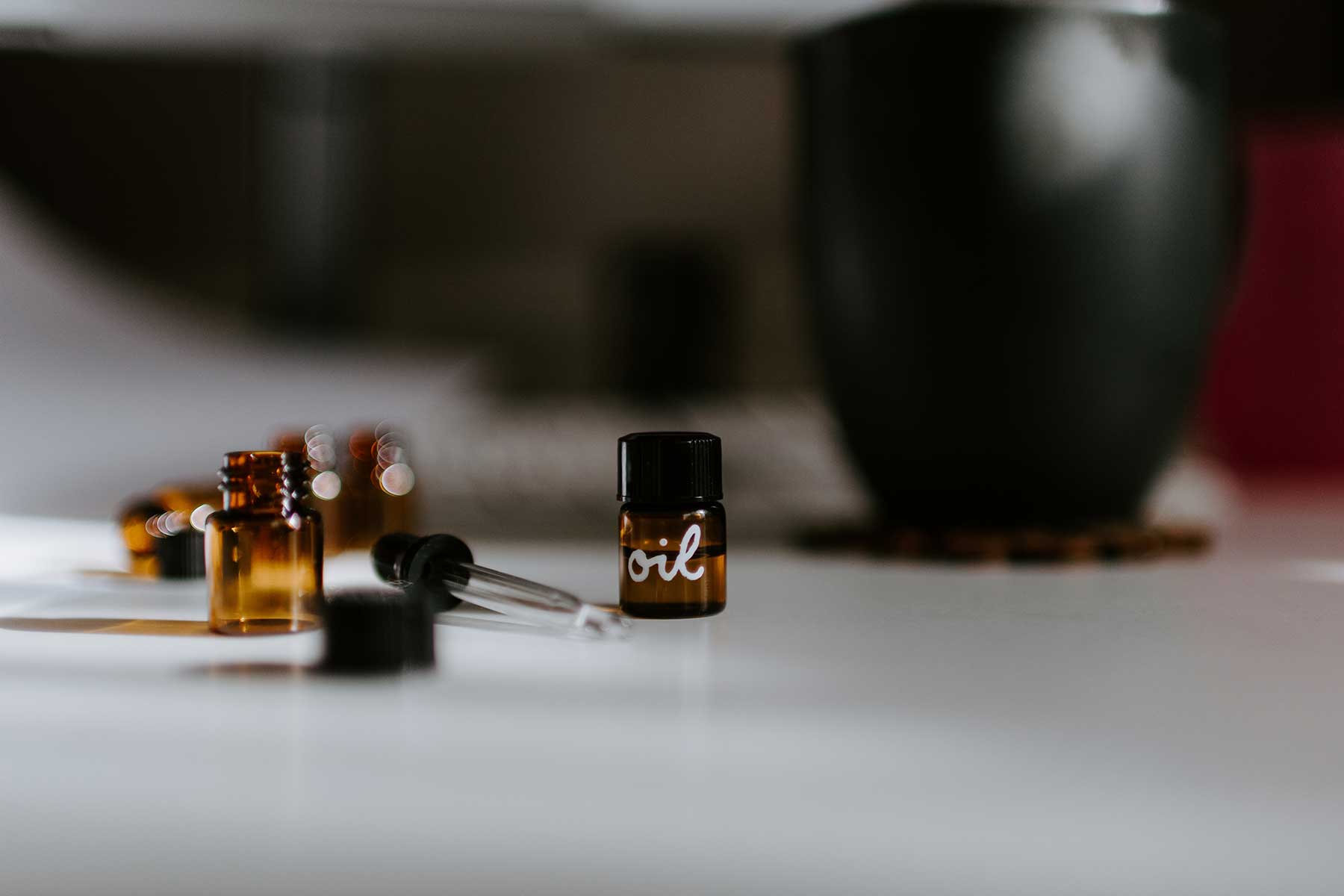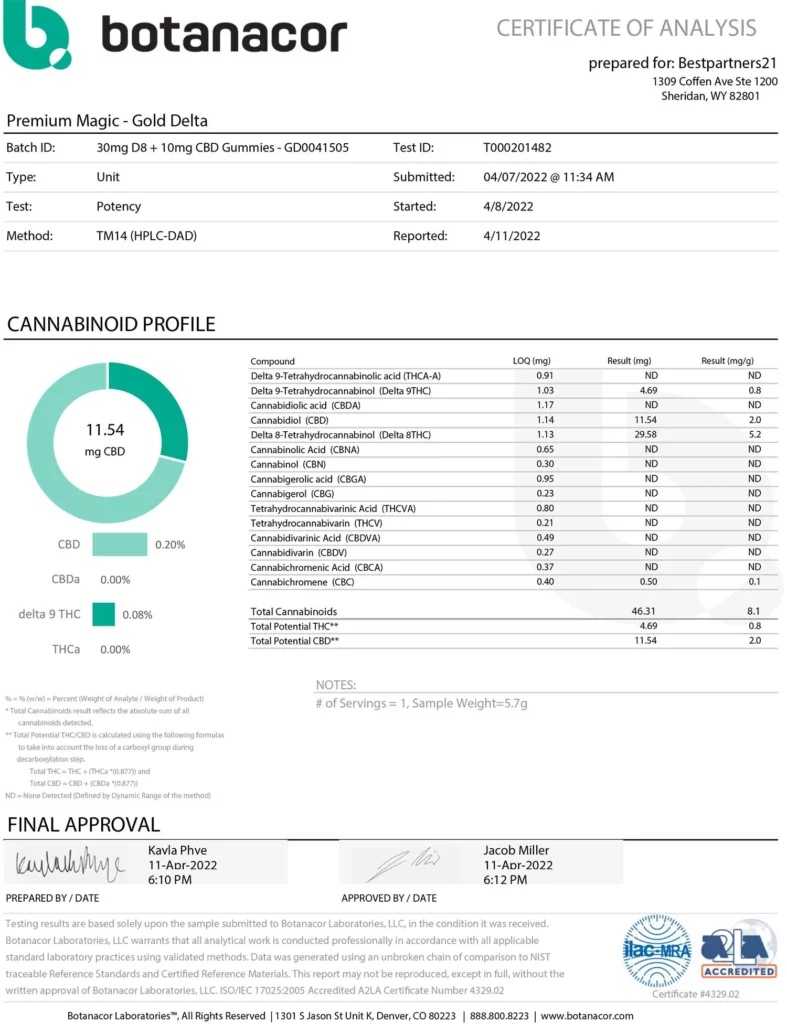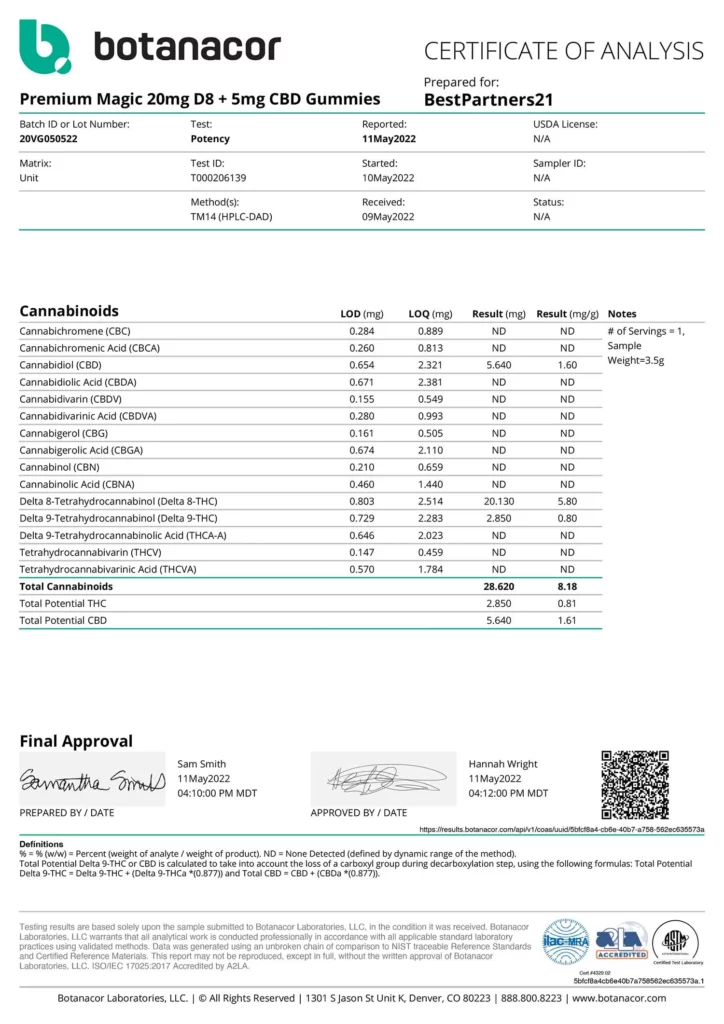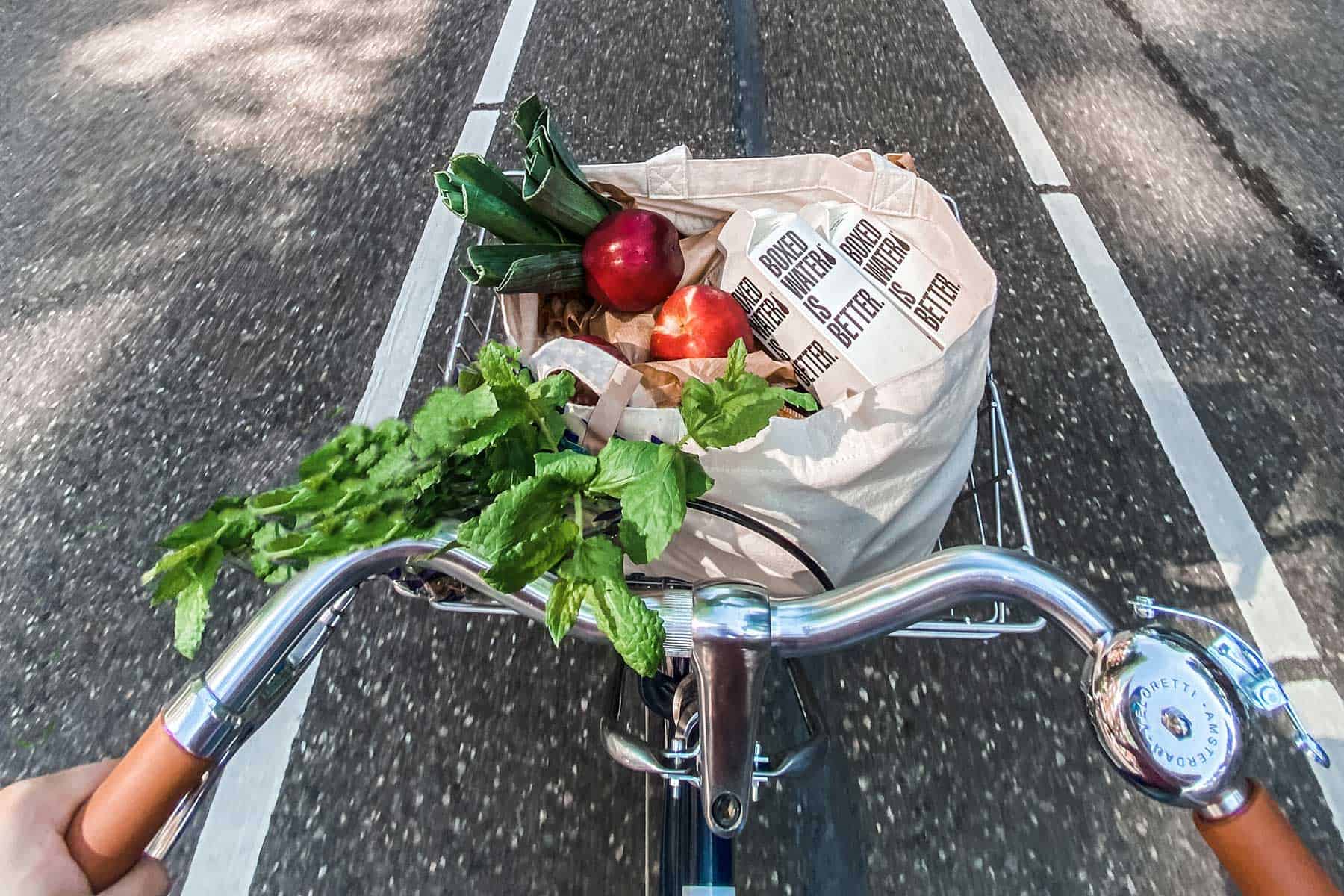
Zero-Waste Living: Steps to a Sustainable Lifestyle with Delta 8

Zero-waste living with Delta 8 is all about finding ways to reduce that waste to as close to nothing as possible. It’s a lifestyle with Delta 8 that encourages you to think before you throw something away.
Instead of sending things to a landfill, you find ways to reuse, recycle, or compost them. This might sound like a big challenge, but it’s all about taking small steps toward a bigger goal. And the best part? It’s not just good for the planet; it’s good for you too.
Living a sustainable lifestyle with Delta 8 means you are choosing to live in a way that is not harming the environment. It’s about making choices that help protect the planet for future generations. In this article, you’ll learn all about how to start your journey toward zero-waste living.
You’ll find practical steps and easy tips to help you reduce your waste at home, make smarter shopping choices, and adopt sustainable habits in your everyday life with Delta 8. So, are you ready to take the first step toward a more sustainable future? Let’s dive in!
What is Zero-Waste Living
When you hear about zero-waste living with Delta 8, it might seem like a big term, but it’s actually pretty simple. It’s all about making choices that help reduce your waste as much as possible. So let’s break it down and make it easy to understand.
The Principles of Zero-Waste Living
Zero-waste living has five main principles. The first is to refuse things you do not need. This could be as simple as saying no to a plastic straw in your drink. The second is to reduce what you do need. For example, you might buy in bulk to cut down on packaging. The third is to reuse by finding new ways to use things instead of throwing them away. The fourth principle is to recycle what you cannot refuse, reduce, or reuse. And the last one is to rot, which means composting your organic waste.
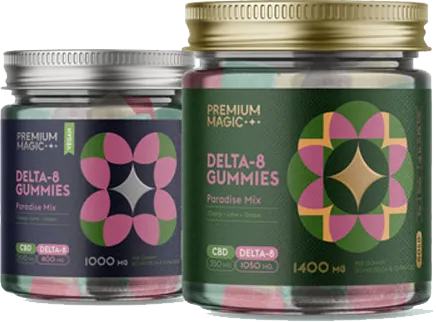
Gold + Silver Paradise Mix
Original price was: $154.98.$68.99Current price is: $68.99.
Or Subscribe and Save 30%
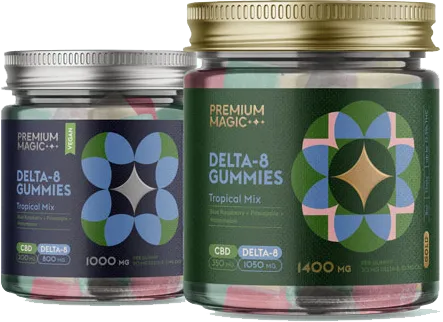
Gold + Silver Combo Tropical Mix
Original price was: $154.98.$67.99Current price is: $67.99.
Or Subscribe and Save 30%
Common Misconceptions About Zero-Waste Living
A lot of people think that living a zero-waste lifestyle with Delta 8 is expensive or takes up too much time. But that’s not true. There are many ways to cut down on waste that are actually cheaper and simpler than you might think. For example, using a cloth bag instead of plastic ones or a reusable water bottle instead of buying bottled water.
Some might also think that they need to change everything all at once. But it’s okay to start small and make changes one at a time. Every little bit helps, and it’s all about progress, not perfection.
The Benefits of a Zero-Waste Lifestyle with Delta 8 for the Environment and Personal Well-being
Living a zero-waste lifestyle with Delta 8 has a lot of benefits for the environment. It helps to cut down on the amount of waste in landfills, reduces pollution, and conserves resources. When you choose to reuse and recycle, you are also helping to cut down on the demand for new resources, which can save habitats and protect wildlife.
But the benefits don’t stop at the environment. Living a zero-waste lifestyle with Delta 8 can also be good for your personal well-being. It can save you money, as you are buying less and making things last longer. It can also give you a sense of accomplishment and purpose, knowing that you are doing your part to help the planet.
Starting with the Basics: Reducing Waste at Home
If you’re ready to jump into the world of zero-waste living, a great place to start is right at home. Your house is full of opportunities to cut down on waste, and with a few simple changes, you’ll be on your way to a more sustainable lifestyle with Delta 8.
Conducting a Waste Audit at Home
First things first, you need to know what you’re throwing away. Spend a week collecting all of your trash and recycling, then take a close look. What do you see? Are there a lot of plastic bags, food scraps, or paper towels? By figuring out what you’re throwing away the most, you can find ways to cut down.
Tips for Reducing Waste in the Kitchen
The kitchen is a hotspot for waste, but it’s also a great place to start making changes.
- Instead of using disposable paper towels, try reusable cloths.
- Invest in a set of reusable containers to store leftovers instead of using plastic wrap.
- Buy in bulk when you can to reduce packaging waste.
- And don’t forget about food waste. Plan your meals, so you’re only buying what you need, and find creative ways to use up leftovers.
Strategies for Minimizing Waste in the Bathroom
The bathroom is another area where waste can add up quickly, but with a few tweaks, you can make a big difference.
- Swap out disposable razors for a reusable one.
- Choose bar soap over liquid soap in plastic bottles.
- Look for toilet paper made from recycled materials or consider investing in a bidet attachment to reduce your need for toilet paper altogether.
Remember, you don’t have to change everything at once. Start with one or two changes and add more as you go. Every little bit helps, and before you know it, you’ll see a big difference in the amount of waste you’re producing at home. So why not start today? Your planet (and your wallet) will thank you.
Sustainable Shopping Habits
Embracing a zero-waste lifestyle with Delta 8 means rethinking your shopping habits. It’s about choosing products and practices that help reduce waste. Here’s how you can start making more sustainable choices when you shop.
Choosing Products with Minimal Packaging
One of the easiest ways to cut down on waste is to choose products with less packaging.
- Look for items that are sold loose, like fruits and vegetables, and use your own reusable bags to carry them.
- Buy in bulk when you can, which not only cuts down on packaging but can also save you money.
- Avoid single-use items like plastic water bottles or disposable cutlery, and opt for reusable options instead.
Supporting Local and Sustainable Businesses
When you shop, think about where your money is going.
- Support local farmers and producers by buying from farmers markets or local grocery stores.
- Look for products that are made sustainably or ethically. This information is often available on the product’s label or the company’s website.
- If you’re not sure, don’t be afraid to ask. Many businesses are happy to share information about their sustainable practices.
Embracing Second-Hand Shopping
Second-hand shopping is a great way to reduce waste and save money.
- Check out thrift stores, consignment shops, or online marketplaces for pre-owned items.
- Look for furniture, clothing, or other household items that are in good condition and need a new home.
- Remember, buying second-hand not only reduces waste but also cuts down on the demand for new products.
Importance of a Circular Economy
A circular economy is all about designing out waste and keeping products and materials in use.
- Instead of throwing things away when you’re done with them, find ways to give them a new life.
- Recycle when you can, and look for products that are made from recycled materials.
- By supporting a circular economy, you’re helping to create a more sustainable and resilient system.
Zero-Waste and Mindful Consumption
Making the shift to a zero-waste lifestyle with Delta 8 isn’t just about changing what you buy; it’s also about changing how you think about consumption in general. Let’s dive into how you can become more mindful about your consumption and embrace minimalism.
Understanding the Impact of Our Consumption Patterns
Everything you buy has an impact on the planet. From the resources used to make it, to the way it’s produced, and finally, how it’s disposed of. By becoming aware of this, you can start to make choices that are better for the environment.
- Pay attention to how products are made and where they come from. Are they made using sustainable practices? Are they transported long distances, contributing to greenhouse gas emissions?
- Consider the lifecycle of the product. How long will it last? Can it be recycled or composted at the end of its life?
Making Mindful and Intentional Choices
Mindful consumption is about being intentional with your purchases.
- Before you buy something, ask yourself if you really need it. Can something you already have do the job?
- Think about the quality of the product. Is it built to last, or will it end up in the trash after a short time?
- Choose products that have multiple uses or can be repurposed.
Embracing Minimalism
Minimalism is a key component of zero-waste living.
- Focus on owning fewer things, but make sure what you do have serves a purpose and brings you joy.
- When you do need to buy something, choose items that are well-made and durable.
- Remember, the goal is not to live without; it’s to live with intention.
Incorporating Sustainable Practices in Everyday Life
Adopting a zero-waste lifestyle with Delta 8 goes beyond just what you buy and throw away. It’s about integrating sustainable practices into every part of your day. Let’s look at how you can do this with transportation and in your home.
Adopting Sustainable Transportation Options
Getting around in a more eco-friendly way can make a big difference in your overall impact on the planet.
- Whenever possible, choose walking or biking over driving. It’s good for the environment and your health.
- If you need to go farther, try public transportation or carpooling to reduce the number of vehicles on the road.
- If driving is unavoidable, consider a more fuel-efficient car or even an electric vehicle.
Conserving Energy and Water at Home
There are plenty of ways to cut down on your utility usage at home, saving money and the planet.
- Turn off lights when you leave a room and unplug devices when they’re not in use.
- Choose energy-efficient appliances and light bulbs.
- Be mindful of your water use. Fix any leaks promptly, and consider low-flow toilets and showerheads.
Zero-Waste Living and CBD/Delta 8 Products
Embarking on a zero-waste lifestyle with Delta 8 means being mindful of all your choices, including the CBD and Delta 8 products you might use.
CBD and Delta 8 come from hemp plants. They have become popular for their potential to help with various issues, from stress to pain relief. But, it’s crucial to choose products wisely.
Sustainable and Organic Farming Practices
- Look for brands that use sustainable and organic farming practices. This ensures the hemp is grown without harmful pesticides and in a way that’s better for the environment.
- Choosing ethically-produced CBD and Delta 8 products means supporting businesses that care about the planet.
- Check if the brand is transparent about their practices and if they use minimal and eco-friendly packaging.
Wrapping Up
Are you ready to make a change for the better? In this article, you’ve learned about the key steps to adopt a zero-waste lifestyle with Delta 8, from understanding what it truly means to embracing sustainable practices in your daily life with Delta 8.
Living sustainably has long-term benefits for both you and the planet. You contribute to a healthier environment, and you might even find a newfound sense of fulfillment in your life.
So why not take that first step? Start small and make conscious choices. Remember, every effort counts when it comes to making a difference. You have the power to create a positive impact, so start your zero-waste journey today!
